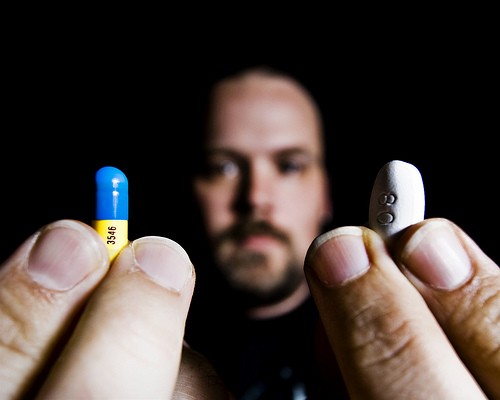Urine Tests for Smart Drugs before University Exams – Coming Soon?
Ritalin, Adderall and Modafinil are increasingly abused on college campuses to boost academic performance. Some say that these smart drugs give users an unfair competitive advantage and that drug testing before exams may be an option worth considering.
A Sydney Australia medical ethicist, Vince Cakic, says that academic smart drugs, such as Ritalin, Adderall and Modafinil are now so prevalent on college campuses that students may one day soon need to prove their drug free status through urine testing prior to exams and papers.
He says that students that do not take the increasingly popular brain boosting medications are put at a competitive and unfair disadvantage – and that with coming gains in medication efficacy on the horizon - that the problem is only going to get worse.
Cakic claims that as many as 25% of students on American college campuses abuse smart drugs – and that the percentage is greater at more prestigious, and competitive, institutions.
He writes, "The possibility of purchasing 'smartness in a bottle' is likely to have broad appeal to students seeking to gain an advantage in an increasingly competitive world. As laughable as it may seem, it is possible that scenarios such as this [urine testing] could very well come to fruition in the future.
These drugs, which increase focus, cognitive abilities and concentration, are welcomed however by some in academia as tools to boost performance that should be available to consenting and informed adults. Others warn against the possible medical side effects, which can include anxiety, panic, insomnia, mood disorders and in extreme cases, psychosis.
Cakic hopes that his letter will spur some needed debate, saying, "Perhaps the most that can be hoped for is to have a better understanding of the dangers of (the drugs) so that students will take this into consideration when deciding whether or not to use them."
Cakic’s letter can be read in the Journal of Medical Ethics


